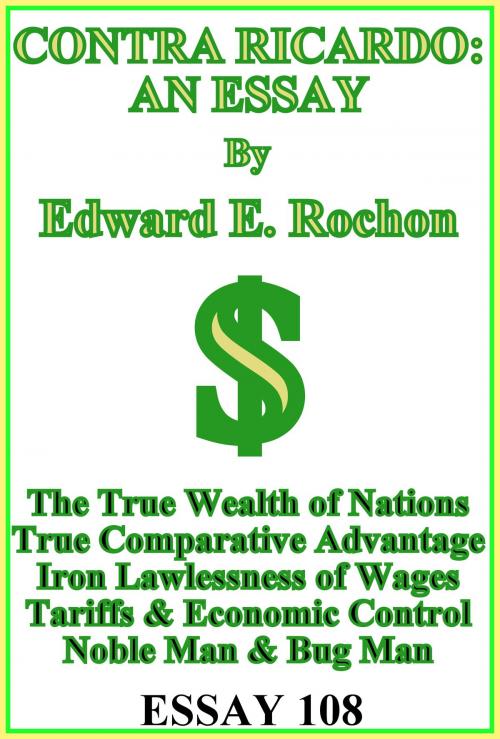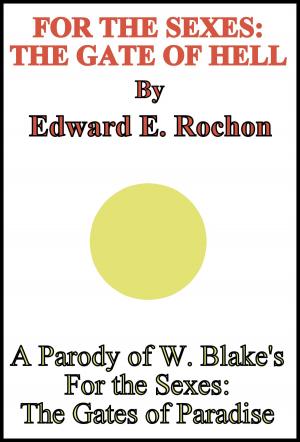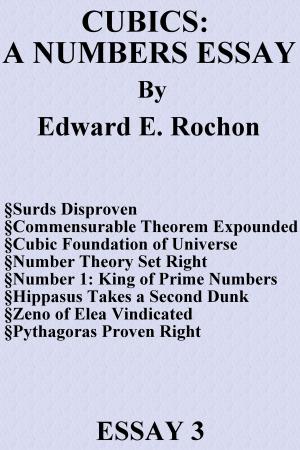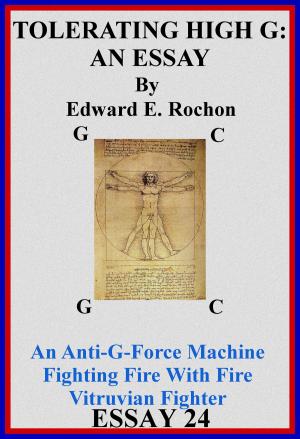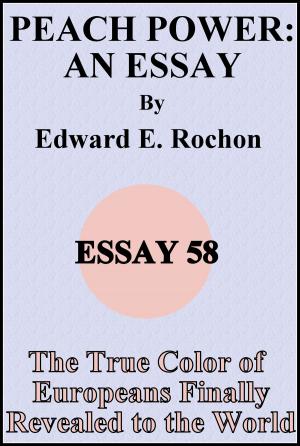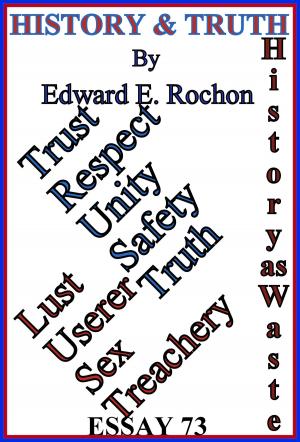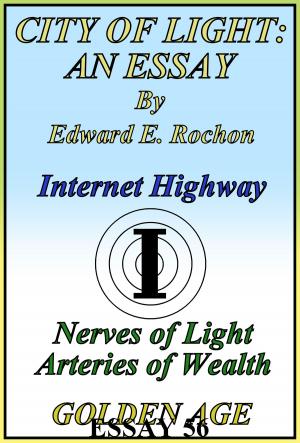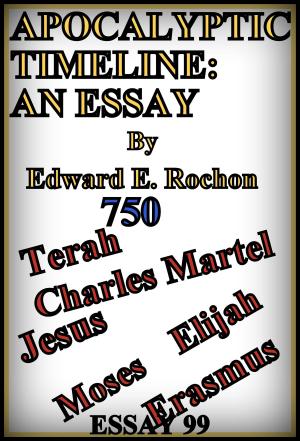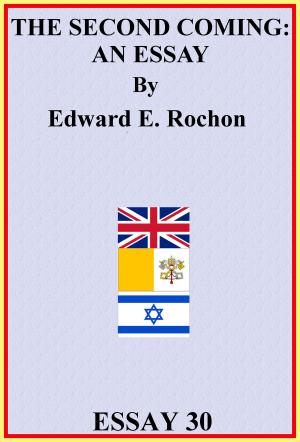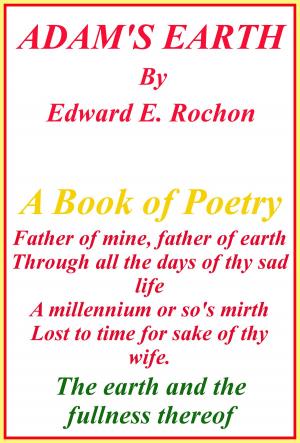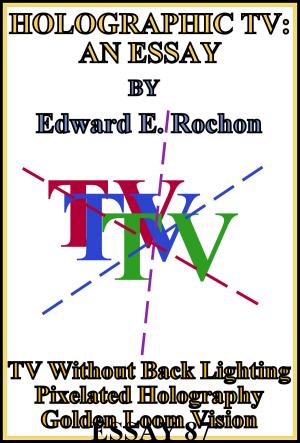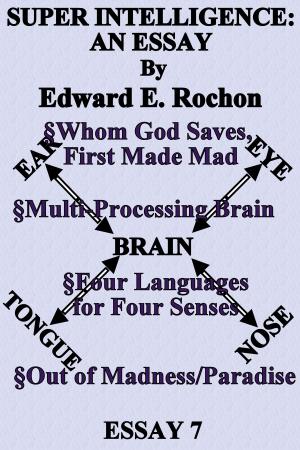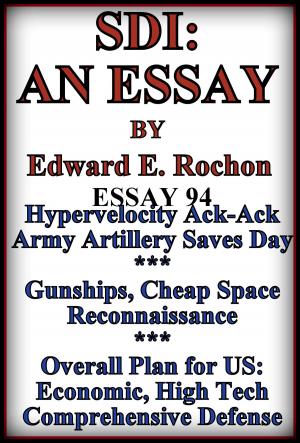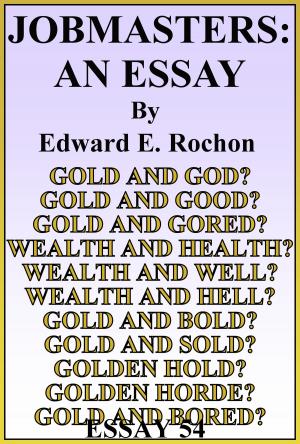Contra Ricardo: An Essay
Nonfiction, Social & Cultural Studies, Political Science, Business & Finance| Author: | Edward E. Rochon | ISBN: | 9781370371242 |
| Publisher: | Edward E. Rochon | Publication: | October 2, 2016 |
| Imprint: | Smashwords Edition | Language: | English |
| Author: | Edward E. Rochon |
| ISBN: | 9781370371242 |
| Publisher: | Edward E. Rochon |
| Publication: | October 2, 2016 |
| Imprint: | Smashwords Edition |
| Language: | English |
A preface notes some basic concepts of David Ricardo and his background. Chapter 1 deals with comparative advantage as an economic theory. It notes that the real problem is the dissemination of wisdom, not a lack of specialization of labor. It notes that specialization results in economic problems, social strife, injustices of every sort. It notes that it hides the real source of wealth, the wisdom that guides labor and makes it worthwhile. Chapter 2 gives reasons why excessive division of labor has drawbacks that actually reduce wealth, ruin men's lives, passes the blame onto labor for faults in production, when the real problem lies in management. Chapter 3 discusses briefly the Iron Law of Wages. It maintains that employers are well advised to keep loyal employees by protecting their income to the benefit of both employer and employee, and the forces undermining this commonsense behavior. Chapter 4 discusses tariffs, the advantages of tariffs, how free trade can produce trouble, reduction in wealth. It notes how free trade hides the value of free dissemination of ideas as the real generator of wealth. I use the American tariff policy of the nineteenth century to illustrate the problems of the tariff.
A preface notes some basic concepts of David Ricardo and his background. Chapter 1 deals with comparative advantage as an economic theory. It notes that the real problem is the dissemination of wisdom, not a lack of specialization of labor. It notes that specialization results in economic problems, social strife, injustices of every sort. It notes that it hides the real source of wealth, the wisdom that guides labor and makes it worthwhile. Chapter 2 gives reasons why excessive division of labor has drawbacks that actually reduce wealth, ruin men's lives, passes the blame onto labor for faults in production, when the real problem lies in management. Chapter 3 discusses briefly the Iron Law of Wages. It maintains that employers are well advised to keep loyal employees by protecting their income to the benefit of both employer and employee, and the forces undermining this commonsense behavior. Chapter 4 discusses tariffs, the advantages of tariffs, how free trade can produce trouble, reduction in wealth. It notes how free trade hides the value of free dissemination of ideas as the real generator of wealth. I use the American tariff policy of the nineteenth century to illustrate the problems of the tariff.
